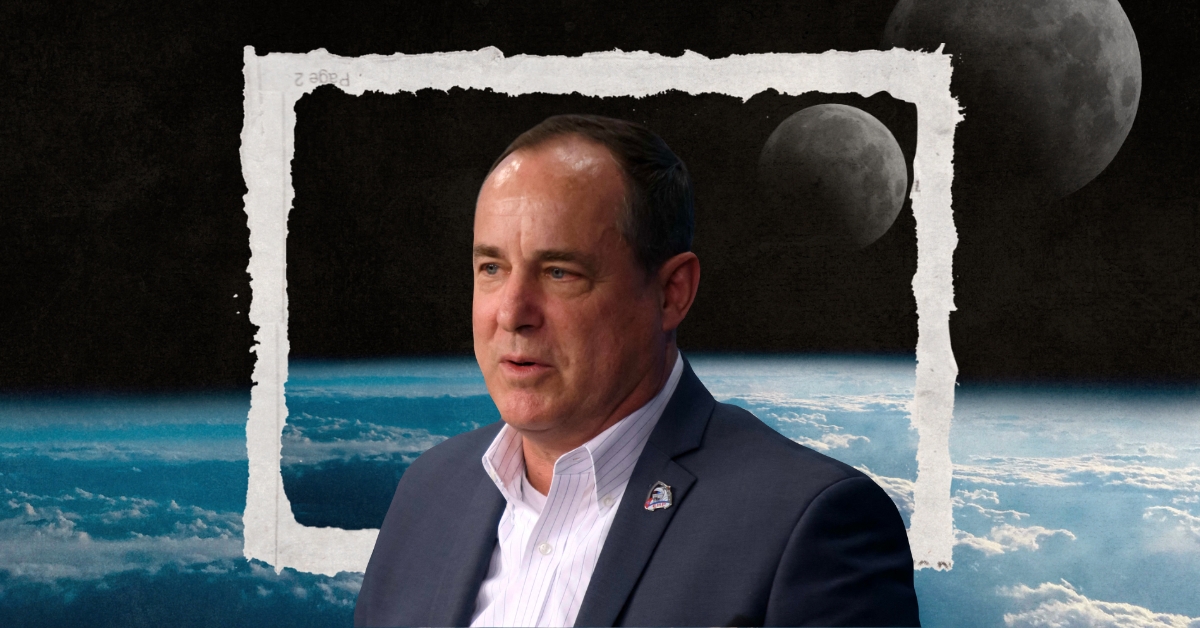Lunar Pioneers: Tiny Texas Firm Propels Moon Exploration

A small Texan company, Intuitive Machines, is leading the charge in the next wave of lunar exploration, aiming to build the next generation of NASA lunar rovers and establish a thriving lunar economy.
With fewer than 400 employees, Intuitive Machines made history in February 2024 by becoming the first private entity to achieve a soft landing on the moon. This feat was previously only accomplished by national space agencies, including the US, the former Soviet Union, China, India, and Japan. What makes this achievement even more remarkable is that the landing was successful on the first attempt, a distinction not held by any other spacefaring nation.
"It's unprecedented," Steve Altemus, CEO of Intuitive Machines, told Time magazine in an exclusive interview. "We didnât do that in Apollo. The Russians didnât do that. Nobodyâs done that. Whatâs even more impactful, and what I think the legacy of the company will be, is more than landing on the moon, but creating that economy around the moon."
Altemus and his team are focused on developing lunar infrastructure, encompassing transportation, communication, and navigation services, primarily under NASA's Artemis programme. However, Altemus also envisions the company's infrastructure and rovers being utilised for scientific and commercial purposes.
"We can search for water ice or for rare minerals or metals. Put those pieces together, and we not only can fly to the moon, but communicate, navigate, and actually move out from location. Weâre the only company in the world that is doing these pieces like this in this way."
Altemus further highlighted that while the US accounts for 75-80% of their business, Intuitive Machines also collaborates with other clients, including the Saudi, Australian, and Japanese space agencies, as well as entities from Germany and Hungary.
Despite its modest size, Intuitive Machines is competing head-to-head with industry giants like Boeing and SpaceX by leveraging innovative and cost-effective solutions.
Steve Altemus initially gained recognition for his pivotal role in NASA's investigation of the 2003 Columbia space shuttle disaster. He led the team responsible for analysing the debris to determine the cause, ensuring the safe operation of the remaining space shuttles for years. After leaving NASA, Altemus co-founded Intuitive Machines in 2013, and the company is headquartered in Houston.
Through its groundbreaking achievements and ambitious plans, Intuitive Machines is poised to become a leading player in the burgeoning lunar economy, demonstrating the power of ingenuity and determination in pushing the boundaries of space exploration.





